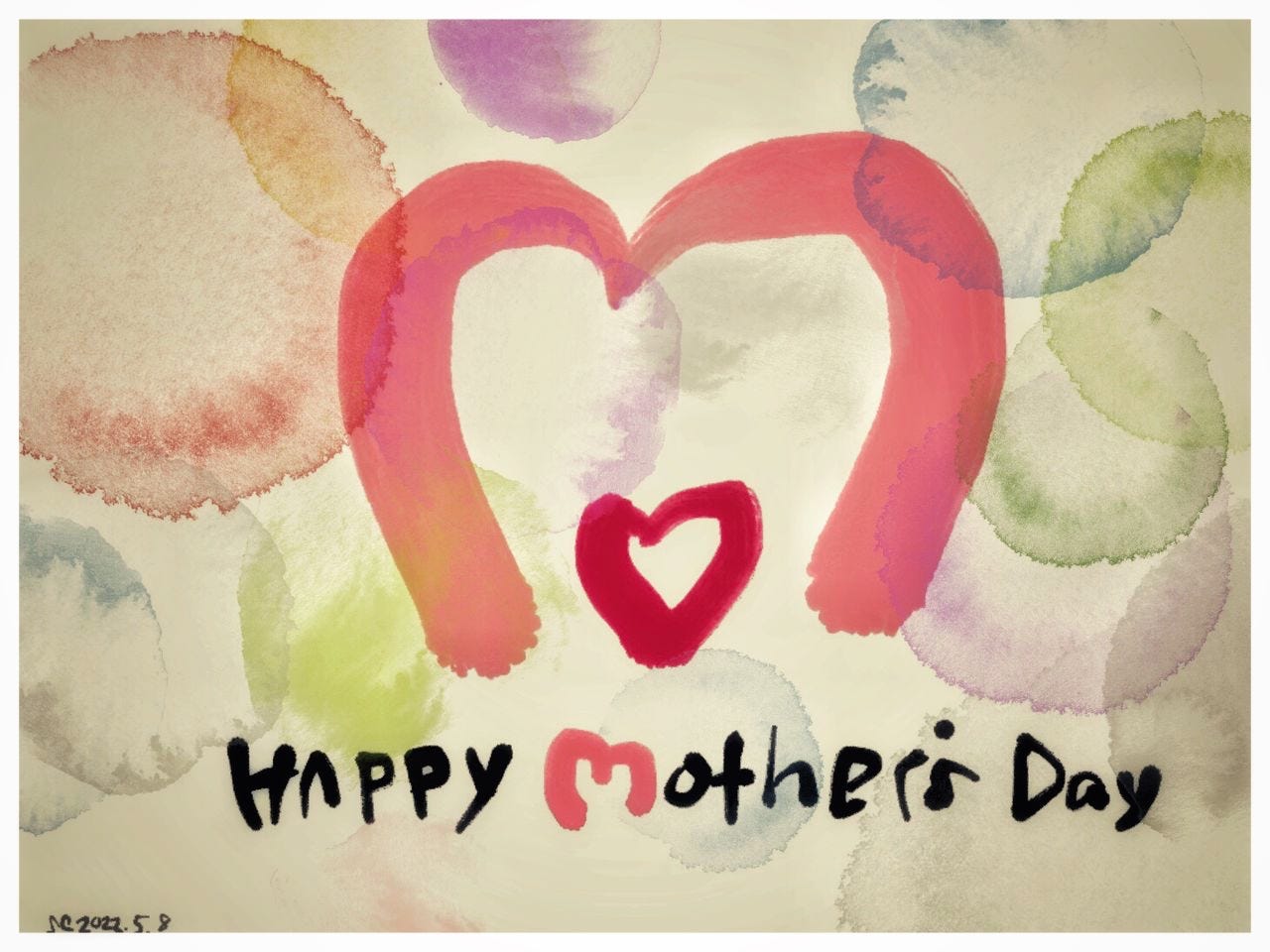Happy Mother’s Day. Did you know that the origin of this day was a far cry from today’s Hallmark-marketed flowers, sweetness and phone calls? Something my own (very French) mom always scoffed at condescendingly. Thanks to my cohort colleague Marcy Syms, I learned of fellow substack writer Heather Cox Richardson who notes tha…
Keep reading with a 7-day free trial
Subscribe to Elderberries to keep reading this post and get 7 days of free access to the full post archives.



